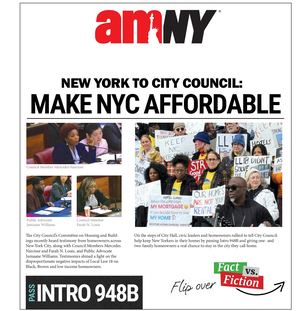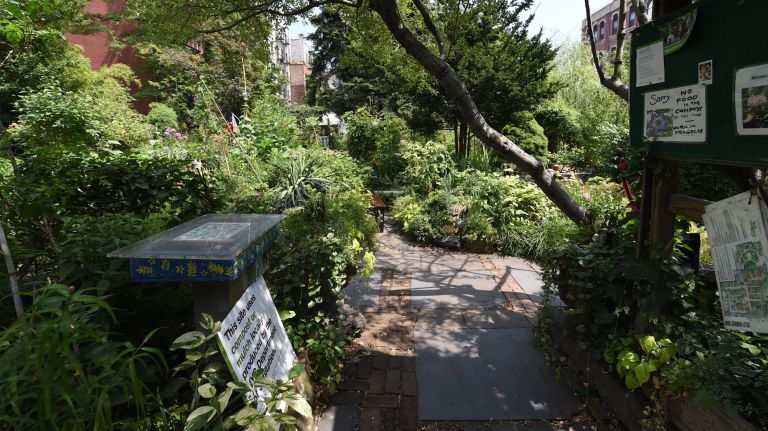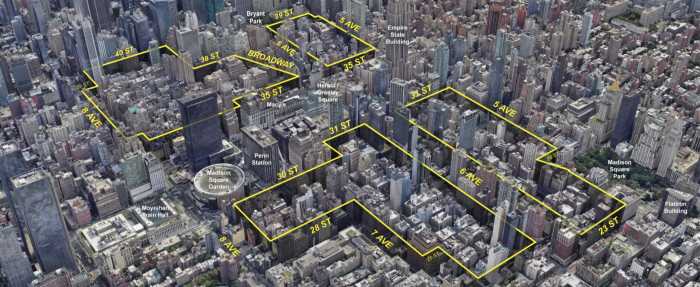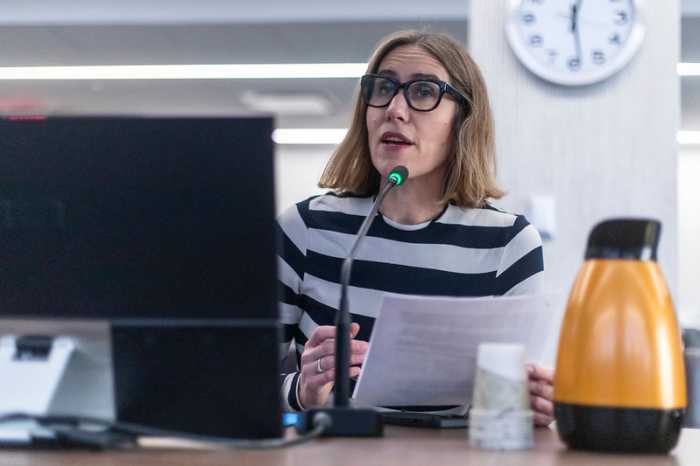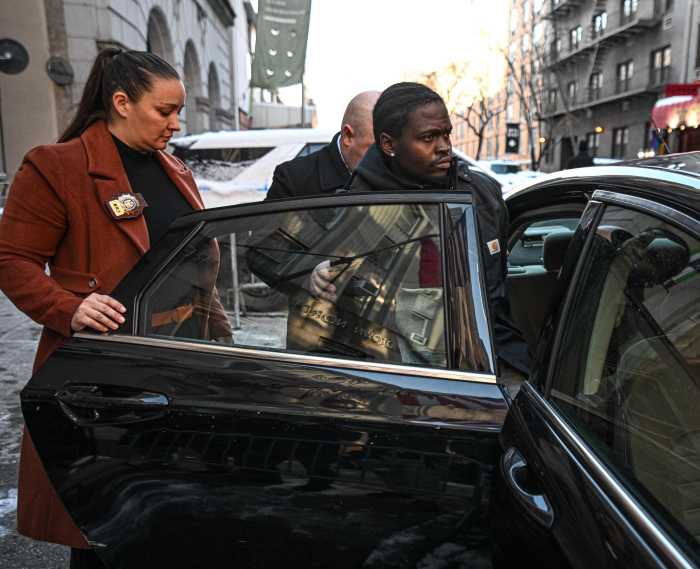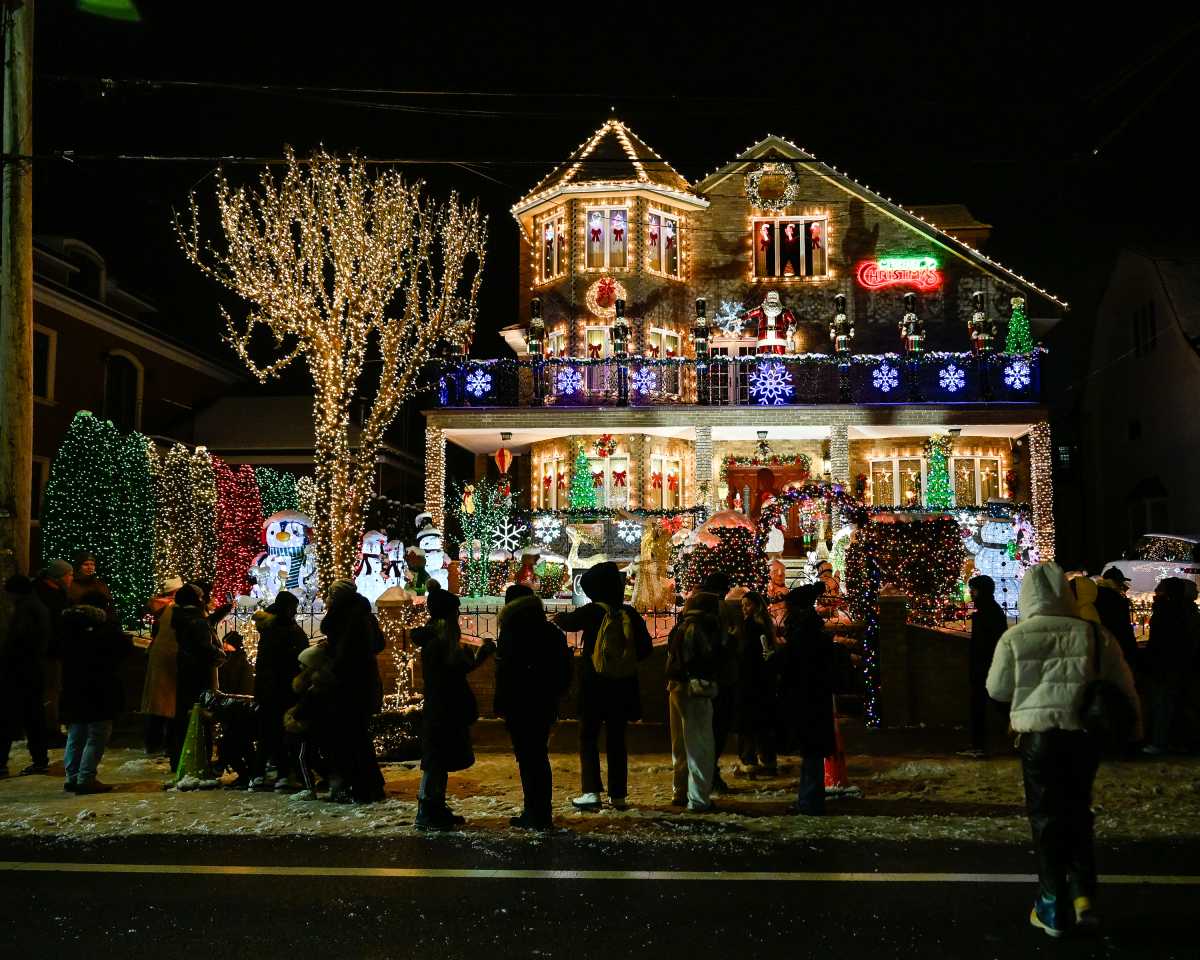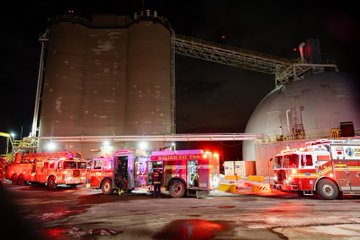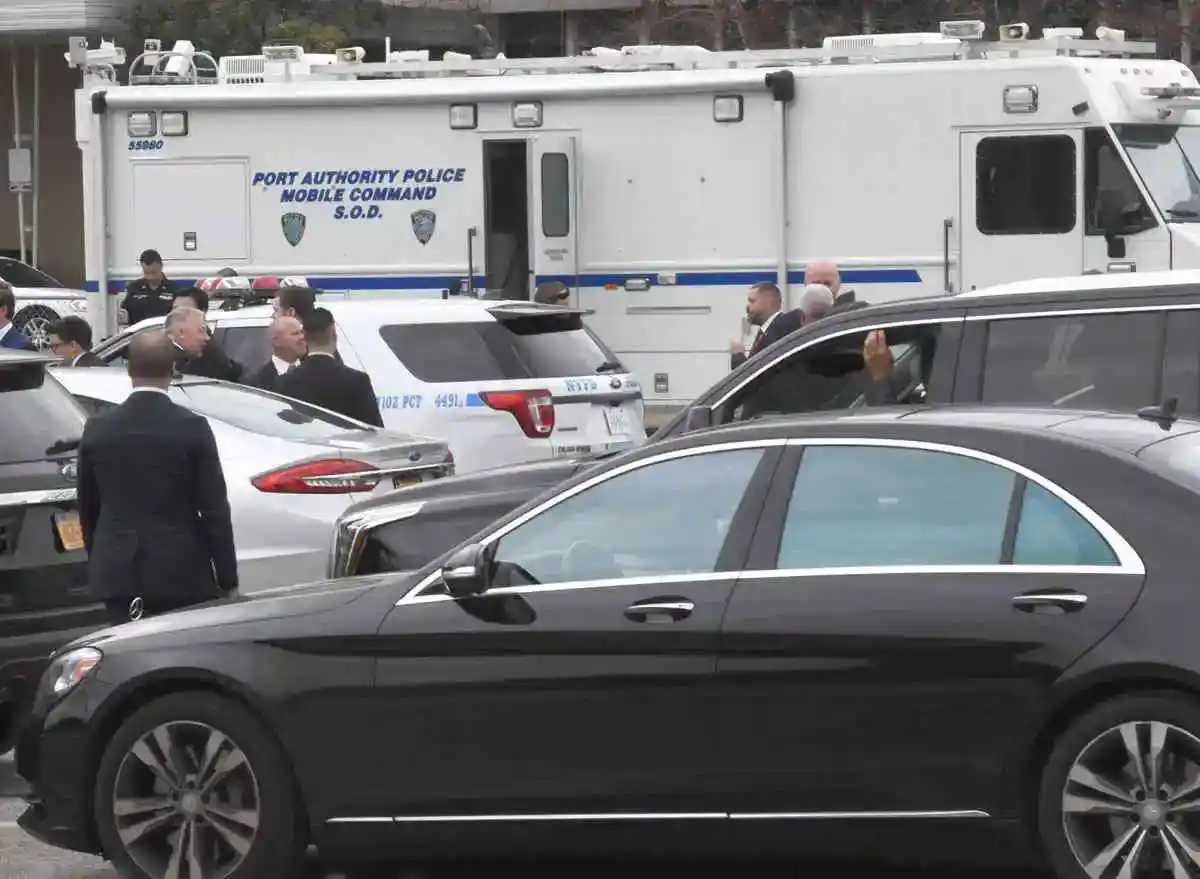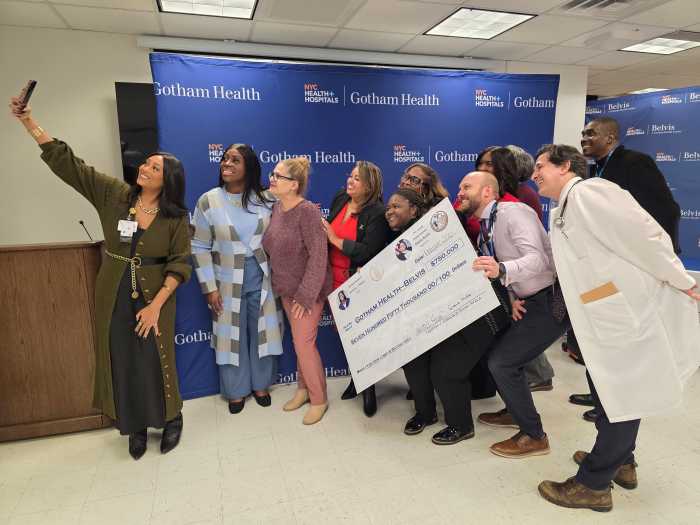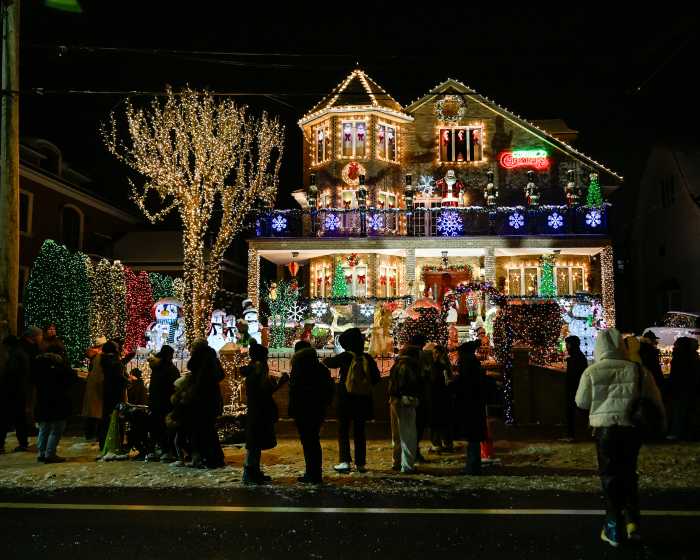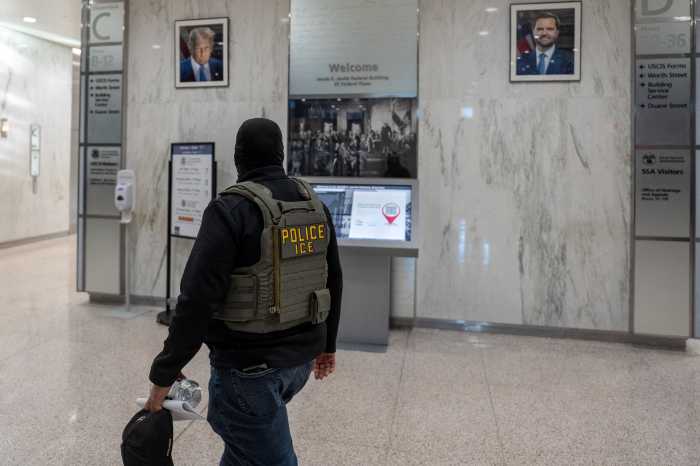
Many community gardens are refusing to sign new license agreements with the city, saying they are being asked to give up too much control of the vital urban greenspaces.
Not even half of the city’s 550 gardens have signed the new four-year agreements, according to the New York City Community Garden Coalition.
“We ask you to stand in solidarity and not sign the lease,” the group says on its website.
In the past, the license agreements with Green Thumb, an office in the city Parks Department which oversees the gardens, have been loose, according to Bill DiPaolo of the environmental group Time’s Up!
“Now Green Thumb wants the final say in anything we do, whether it’s digging a hole, having an event or trimming a tree,” said DiPaolo, who has worked to help preserve the city’s community gardens for over 30 years. “That all used to be done by the community.”
Parks Department officials are set to meet with representatives for the gardens later this week to try and hash out issues with the new license agreements. Agency officials said they solicited feedback from garden groups last year about possible changes to the agreements.
“These renewals happen every four years and always have small changes based on experiences from the previous four year cycle—this cycle is no different,” said Parks Department spokeswoman Crystal Howard.
She said changes include “making the gardens more accessible by keeping them open to the public during the weekend; allowing gardens to host more fundraising events so they can sustain themselves; and increasing safety by asking gardens to coordinate with Green Thumb ahead of planned events.”
The Parks Department has received signed license agreements from 130 of the 353 gardens that are located on its property. Green Thumb also oversees gardens on land owned by other city agencies and nonprofits.
The relationship between the city and community gardens has been complicated and, at times, fraught with drama. They developed during a time when trash-strewn lots and abandoned buildings dotted city neighborhoods. Community members took matters into their own hands and transformed some of them into lush gardens where they grew flowers and cultivated crops.
In the 1990s, Mayor Rudy Giuliani wanted the gardens sold to developers, saying the space was needed for more housing in the city. The pushback was strong and featured some high-profile New Yorkers, including singer/actress Bette Midler whose New York Restoration Project raised money to purchase dozens of gardens.
There were demonstrations and court battles before an agreement was hashed out in 2002, months after Mayor Michael Bloomberg took office, that allowed most of the gardens to remain while some others were offered up to develop affordable housing.
Since that time, the relationship between the gardens and Green Thumb has been mostly congenial although there were some complaints in 2010 when the city tightened up guidelines for groups operating the gardens.
“Green Thumb was more like a silent partner,” DiPaolo said.
Officials from the New York City Community Garden Coalition and the Loisaida United Neighborhood Gardens, which includes gardens on the Lower East Side, declined to comment on the issue, citing upcoming negotiations with Green Thumb and the Parks Department.
But on its website, the coalition says the license agreement changes are “burdensome” and “hinder the community outreach and engagement that is a hallmark of community gardens in New York City.”
